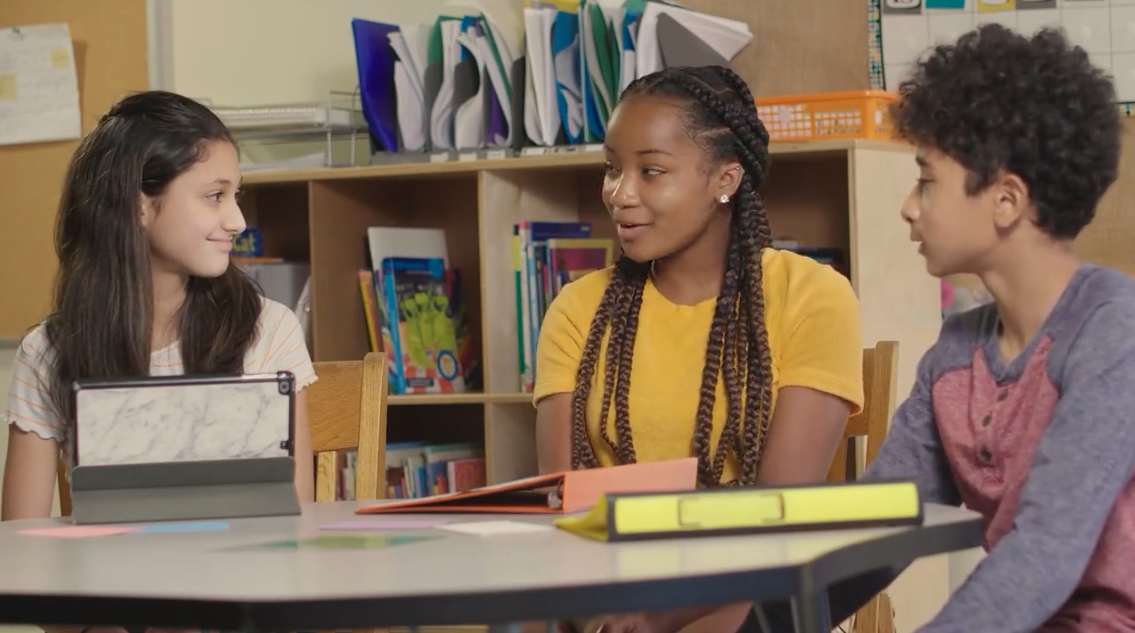Introduction
Change is inevitable, and it can be particularly challenging for students in special education. When working in a group, unexpected changes can arise due to differing opinions and personalities. To help our students handle change effectively, we introduce the concept of “Switching Tracks.” This method involves adjusting our thoughts to a new plan, much like a train switching tracks to head in a new direction. By staying calm and using kind words, students can learn to adapt to change and work collaboratively in a group setting.
No-Prep Activity: The Balloon Game
The Balloon Game is a simple, no-prep activity that helps students practice Switching Tracks. Here’s how to play:
- Have students stand in a circle.
- Begin by gently tossing a balloon into the air.
- Students must work together to keep the balloon from touching the ground, but they can only use their non-dominant hand.
- As the game progresses, introduce new rules or challenges, such as only using elbows or knees to touch the balloon.
- Encourage students to adapt to the new rules quickly, staying calm and using kind words with their peers.
This activity demonstrates the importance of adjusting to change and working together as a group to achieve a common goal.
Discussion Questions
- How did you feel when the rules of the Balloon Game changed? Were you able to adapt quickly?
- What strategies did you use to stay calm and communicate effectively with your peers during the game?
- Can you think of a time when you had to switch tracks in a group setting? How did you handle the change?
- Why is it important to be flexible and adapt to change when working with others?
- How can we apply the concept of Switching Tracks to other areas of our lives?
Related Skills
In addition to Switching Tracks, there are several other skills that can help students navigate group settings effectively. These skills include:
- Active Listening: Paying attention to others’ ideas and demonstrating understanding through verbal and non-verbal cues.
- Conflict Resolution: Resolving disagreements in a respectful and constructive manner.
- Empathy: Understanding and sharing the feelings of others, even when their perspective differs from our own.
- Cooperation: Working together with others towards a common goal, even if it means compromising on personal preferences.
Next Steps
Are you interested in exploring more activities and resources to help your students develop important social-emotional skills like Switching Tracks? We invite you to sign up for free samples of our skill-based materials at Everyday Speech. You’ll find a wide range of resources designed to support students in special education as they navigate the complexities of group settings and adapt to change.






